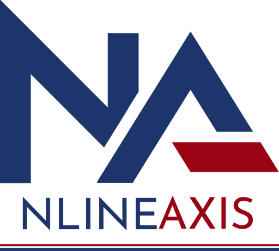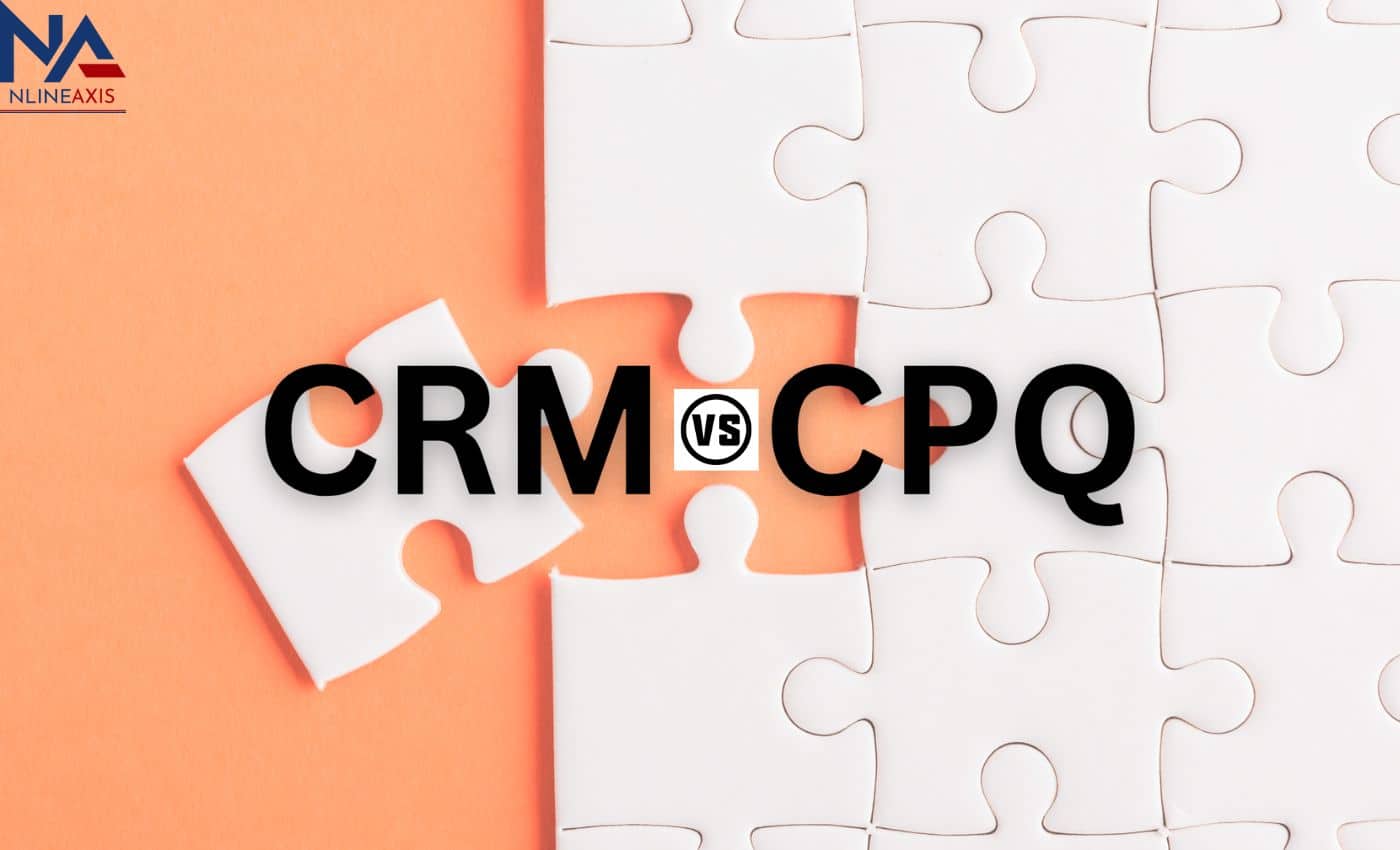What is the difference between Salesforce CRM and CPQ?
In the realm of business software solutions, Salesforce stands out as a frontrunner in Customer Relationship Management (CRM) and Configure, Price, Quote (CPQ) tools. While both CRM and CPQ play critical roles in streamlining sales processes, they serve distinct functions. This article explores the nuanced disparities between Salesforce CRM and CPQ, illuminating their individual features and capabilities.
Understanding Salesforce CRM
Salesforce CRM, or Customer Relationship Management, serves as a robust software platform aimed at facilitating businesses in managing interactions and relationships with customers and prospects. It offers a centralized repository for storing and accessing vital customer information, including contact details, communication history, and purchase records. The primary objective of Salesforce CRM is to enhance customer relationships, drive sales, and optimize overall business efficiency.
Key Features of Salesforce CRM:
- Lead Management: Salesforce CRM facilitates the capture, tracking, and nurturing of leads throughout the sales pipeline, incorporating lead scoring for identifying promising prospects.
- Workflow Automation: Users can create automated workflows to streamline diverse business processes, such as customer support, marketing, and onboarding.
- Email Integration: Seamless integration with email platforms enables users to send, receive, and track emails within the CRM, maintaining a centralized communication hub.
- Customer Support and Service: Tools for managing customer support tickets, service requests, and case resolutions ensure efficient customer service operations.
- Marketing Automation: Salesforce offers robust marketing automation capabilities to create, schedule, and track marketing campaigns, enhancing lead engagement.
- Customization: Users can tailor Salesforce CRM to their specific business needs by incorporating custom fields, objects, and workflows without extensive coding requirements.
- Mobile Access: Salesforce provides mobile apps for accessing CRM data, updating records, and staying connected with customers remotely.
- Integration: It offers a plethora of integration options with third-party applications, facilitating seamless data exchange between Salesforce and other business tools.
- Artificial Intelligence (AI): Salesforce Einstein, the AI component, offers insights, recommendations, and predictive analytics for data-driven decision-making.
- Security and Compliance: Strong emphasis on data security and compliance with features like role-based access control, encryption, and adherence to data protection regulations.
- Community Building: Businesses can foster collaboration and self-service support by creating online communities and portals for customers, partners, or employees.
- AppExchange: Salesforce’s marketplace, AppExchange, offers a wide array of third-party apps and integrations to extend CRM functionality.
- Real-time Collaboration: Salesforce Chatter facilitates real-time collaboration within the CRM, enabling efficient team communication and file sharing.
- Forecasting: Salesforce CRM includes forecasting tools to predict future sales and revenue based on historical data and current trends.
- Multi-Language and Multi-Currency Support: Businesses operating in multiple regions can utilize different languages and currencies within the platform.
Exploring Salesforce CPQ
Salesforce CPQ, or Configure, Price, Quote, is a specialized tool within the Salesforce ecosystem that focuses on generating accurate and customized quotes for customers. Particularly beneficial for businesses dealing with complex products or services, CPQ simplifies the quoting process to ensure pricing accuracy and consistency.
Key Features of Salesforce CPQ:
- Guided Selling: Provides tools for guided selling, assisting sales representatives and customers in selecting suitable products and configurations based on needs and preferences.
- Approval Workflow: Customizable approval workflows ensure adherence to company policies and pricing guidelines before quotes and configurations are sent to customers.
- Renewals and Subscription Management: Simplifies subscription-based services and contract renewals for customers and sales teams.
- Document Generation: Automates the generation of professional documents, such as quotes, proposals, and contracts, with accurate pricing and product details.
- E-commerce Integration: Integration with e-commerce platforms allows for self-configuration and online purchasing while ensuring accurate pricing and configurations.
- Analytics and Reporting: Provides insights into quote performance, pricing strategies, and sales reps through analytics and reporting features.
- Discount Approval: Tools for managing discount approvals to ensure judicious application in accordance with company policies.
- Guided Contract Negotiation: Guides users through negotiation processes for mutually beneficial contract terms.
- Inventory Management: Integrates with inventory systems for real-time availability and allocation in quotes.
- Multi-Currency Support: Handles quotes and pricing in multiple currencies for businesses operating internationally.
- Integration with CRM: Seamless integration with Salesforce CRM for a unified view of customer information and interactions.
- AI-Powered Pricing Optimization: Some CPQ solutions offer AI-driven pricing strategies based on market conditions and customer behavior.
- Scalability: Designed to scale with business growth, accommodating more products, pricing rules, and users.
- Mobile Access: Enables sales representatives to access CPQ functionality on mobile devices for on-the-go quote management.
Key Differences Between Salesforce CRM and CPQ
- Purpose: Salesforce CRM focuses on managing customer relationships, while CPQ specializes in generating accurate quotes and pricing.
- Functionality: CRM offers a broader range of features for sales, marketing, and customer service, while CPQ is highly specialized in quoting and pricing.
- User Base: CRM caters to sales, marketing, and customer support teams, while CPQ is primarily used by sales professionals for quoting.
- Integration: CRM integrates with various Salesforce products for comprehensive business solutions, while CPQ seamlessly integrates with CRM for unified customer management.
Conclusion
In essence, Salesforce CRM and CPQ serve distinct yet complementary roles in sales and customer management processes. While CRM focuses on relationship management, CPQ specializes in accurate quoting and pricing. Integrating both solutions empowers businesses to create a robust sales ecosystem.
At Nlineaxis, a trusted Salesforce CRM Consulting Partner, we specialize in seamless Salesforce integration and CPQ services, ensuring businesses harness the full potential of these tools for unparalleled sales and customer management.


